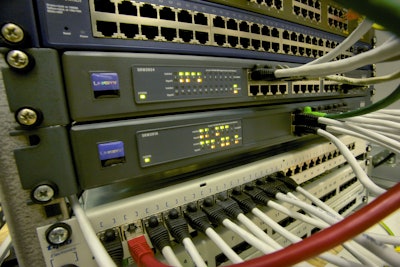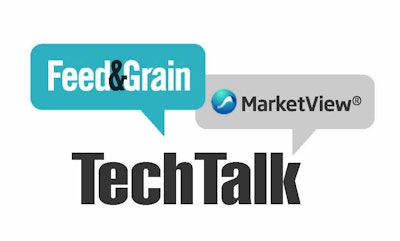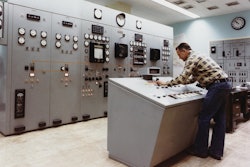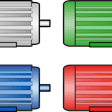
I moved from Omaha, NE, to the small town that I grew up in four years ago. I work in the software industry and had hoped that technology today would provide me with a good solid Internet connection allowing me to live where I want to and be connected. I wonder if I am not alone with this wish as things are not that great here.
While in a larger city, we rarely experienced any interruptions or degraded Internet service. I realize that our neighborhood had fiber optics up to our house, so one would expect things to be fast and work. Not quite the case in rural America.
Our digital needs today touch most every aspect of our personal and business lives, like it or not, we need to be connected. Lately, my Internet provider has experienced many down days due to equipment issues. We are always a few days out on the service schedule as I assume tech teams come from a larger city, which is frustrating.
When things do work, connections seem to always be too slow. Rural providers have oversold the local network with too small of a backhaul or the pipe that connects all of us back to the Internet. I realize that the population is less in small towns and the country, but we rely on being connected just as much as anyone else does and deserve much better service!
Economic development in rural America, in my opinion, depends on decent Internet connectivity. If we want to attract more young folks, they certainly won’t put up with slow and spotty connections. We are nowhere close to what our friends in the city have for connectivity. Pretty hard to cut the cable or satellite TV and stream content when the pipes are slow and full!
The Ag Department’s $3 Billion Rural Broadband Initiative’s Program has fallen short — great idea, but poor execution. https://www.informationweek.com/mobile-and-wireless/federal-broadband-program-falls-short
https://www.congress.gov/bill/114th-congress/house-bill/3152/text
So, what can we expect down the road for those of us that are in rural areas? I realize there are satellite options, and I have tried them. They limit or charge more for the amount of data used and there tends to be some keyboard delays. I realize your requests are traveling some 26K miles up and back again to the bird. If there are no other solutions, then you settle.
The small town I live in does have dark fiber (not lit up, but could be), but requires several thousand per month to crank it up. Just a bit above my budget for gigabit speeds! There are companies that are working on solutions, such as ViaSat – you can check out a nice video at this link; https://www.youtube.com/watch?v=pIdn5RmUwWs&feature=youtu.be and others as well I am sure.
Facebook’s CEO, Mark Zuckerberg is working on providing connectivity world-wide as well. The site https://info.internet.org/en/ show’s some pictures assumed to be in third-world countries, but I would really like good solid access in Nebraska! Usually, big problems get fixed, but with lower populations, we are apparently second or third in line for help.
Here is a great read regarding high-speed Internet access by Sara Kubik – pretty much says it all; https://www.lawtechnologytoday.org/2016/07/high-speed-internet-access-not-basic-right-2/
Here is a map showing the connectivity holes in the U.S. https://www.inverse.com/article/14248-will-cheap-broadband-actually-make-it-to-rural-america-here-s-how-it-might-happen
I will keep an eye open for potential solutions and report back. In the mean-time, I wait somewhat, OK completely impatiently! Drop us an email if you have found a great solution provider for us rural folks and I will check into it and add to a future blog.
.jpg?auto=format%2Ccompress&fit=max&q=70&w=400)













